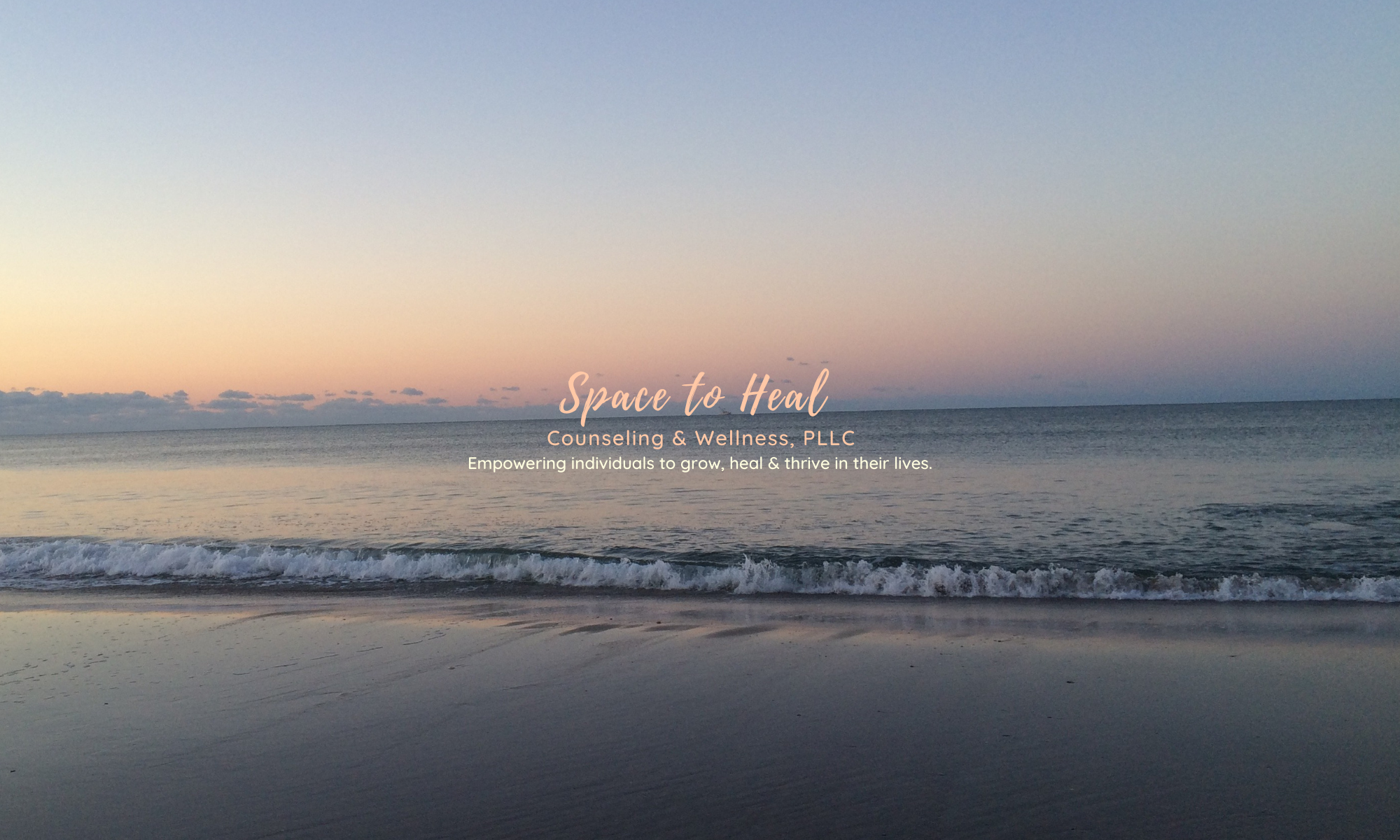
“In Fearrington, North Carolina, my grandparents had lived by a pond, where geese plodded around with those curved black necks, squeaky honking. My Grandpa Miller explained that during migration, birds flew in V formation. The bird at the front, the tip of the V, had the hardest job facing the greatest amount of wind resistance. The air coming off the leader’s flapping wings lifted the birds flying behind it. Being the leader was grueling, so the birds took turns. When a bird exhausted itself, it trailed to the back, where it wouldn’t have to flap as hard, riding waves of wind that have been broken down by others. It saved its energy so that it could lead again. This was the only way to make the journey, to escape winter and make it to warmer places.”
From “Know My Name” a memoir by Chanel Miller
I have been completely engrossed by Chanel Miller’s Memoir “Know My Name” these past few weeks. Every free moment, I have been picking up the book and settling under blankets in the quiet of my room to return to Chanel’s moving story. I have never read a memoir that captures so well the complexities, the rawness, the upheaval, the pain and the grief of trauma. As I’ve been reading her book, I’ve found myself jotting down sentences and phrases and screenshotting passages that resonate with me, including the beautiful passage above that made me think of the grief process.
Grief and loss can feel like pumping our own wings, especially in the beginning. We flap them so hard, trying to overcome resistance, trying to push through to get past the pain, pretending we’re okay when we’re not, trying to move forward. But what we often need most, and what grief and loss require, is rest and care for ourselves—because grief can be exhausting. It asks a lot from us.
But what we often need most, and what grief and loss require, is rest and care for ourselves—because grief can be exhausting. It asks a lot from us.
2020 has asked a lot from us. The pandemic, racial injustice, natural disasters, the political climate, and so many different types of losses–loved ones, jobs, connection, physical touch, safety, control, normalcy, community… We are all pumping our wings, trying to cope as best we can with this challenging time.
We are all pumping our wings, trying to cope as best we can with this challenging time.
It is common with grief to feel a landslide of emotions. Grief can also affect us mentally, physically and spiritually. Loss creates a new reality and can make us not feel like ourselves. It takes a lot of energy to adjust to so much change, which is why rest is essential.
It’s okay to take breaks, to lean on others, to let them take the lead sometimes, to say no to the things that deplete us, and yes to ourselves. Self-care is critical and necessary. Our hearts are doing a lot of work this year, and it needs our love, care and attention.
So how do we even begin to care for ourselves? Self-care may look like taking first steps such as:
- Every day, asking yourself: what is one thing I can do to care for myself today?
- Listening to what you need and honoring it instead of resisting it
- Allowing yourself to feel and to express your feelings—cry, scream, laugh when you need to
- Being gentle with yourself and not taking on too much or expecting too much of yourself
- Reaching out to loved ones who listen, love and support you
- Engaging in physical activity that you enjoy
- Getting adequate sleep and maintaining a consistent sleep schedule
- Exploring new activities that may aid in your healing such as an art class, photography, writing, virtual book club, nature hikes, meditation
- Joining a support group or starting therapy individually to support your mental health



